Francophone ministries in the United Church have a new national governing body.
La Table des Ministères en Français, an 18-member council launched in February, aims to “support existing French ministries, promote the establishment of new French ministries, and help the Church as a whole respect its engagements concerning the use of French.”
You may unsubscribe from any of our newsletters at any time.
While many mourned the loss of Presbyteries that resulted from the church’s major restructuring early this year, it was especially significant for French-language ministries. Laurentien Presbytery, a non-geographic body, was their formal voice in the national church.
As a linguistic minority, francophone ministries require decision-making processes that are culturally relevant to their different approaches, says Éric Hébert-Daly, General Council’s head of French ministries. “It’s not to isolate francophone ministries, but rather to ensure that a culturally appropriate governance model exists for them.”
In a new collaborative process, La Table will work with regional councils to recognize newly established French ministries, and make decisions about closing congregations.
Some of La Table’s budding projects include a francophone equivalent of Gathering magazine, a Quebec-wide survey to gauge openness to the United Church among the general population, and a library of francophone video sermons and other resources available to all ministries.
The church has committed $100,000 to the council.
This column first appeared in the June 2019 issue of Broadview with the title “New support for French ministries.” For more of Broadview’s award-winning content, subscribe to the magazine today.

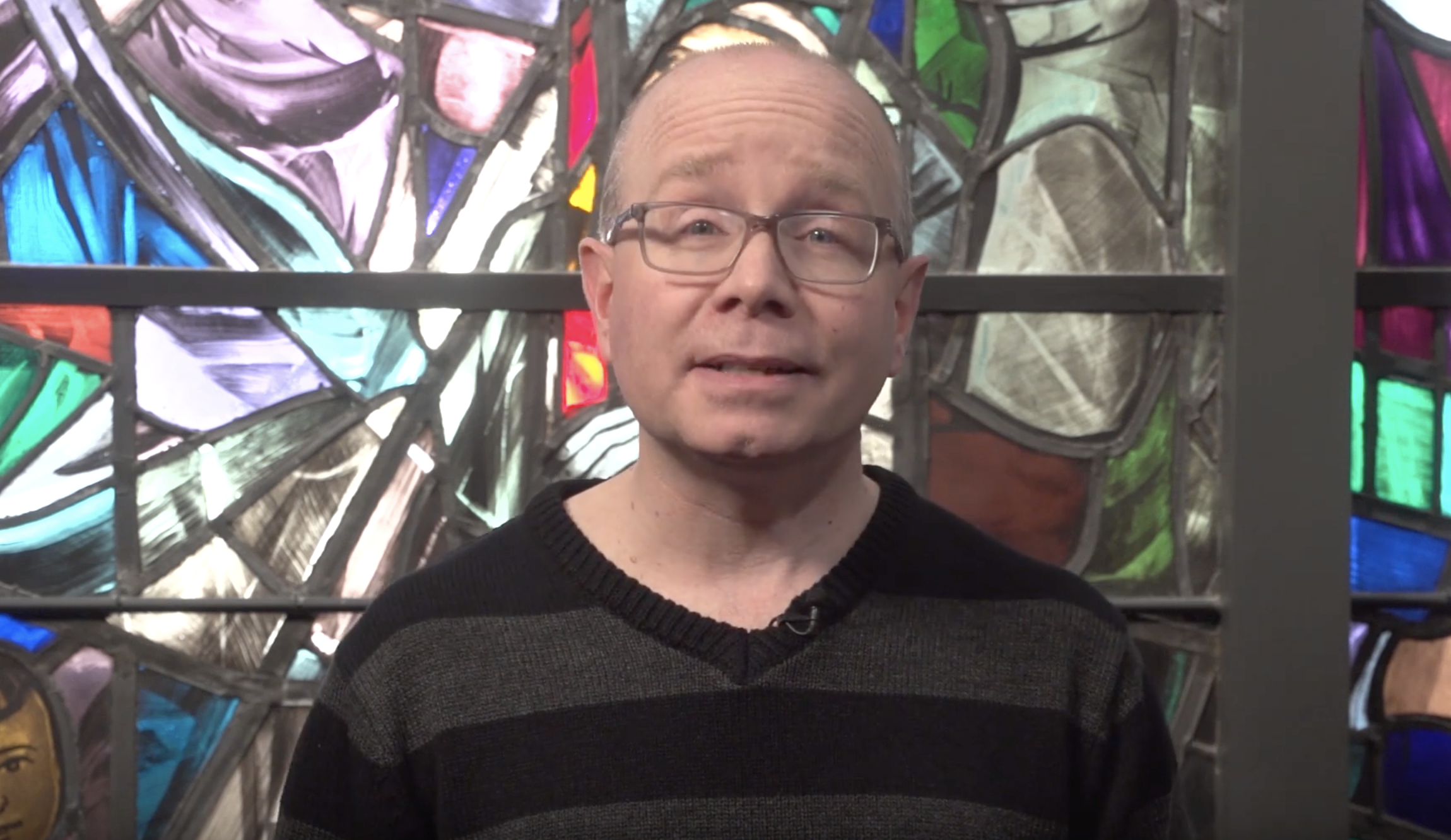



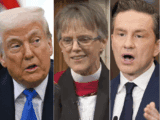


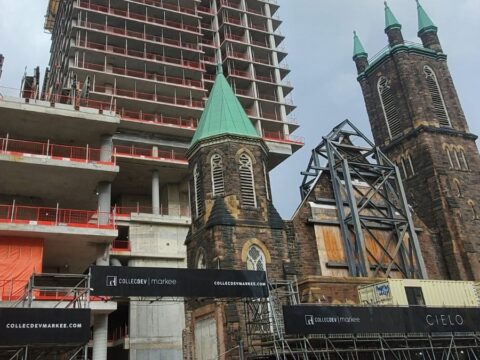
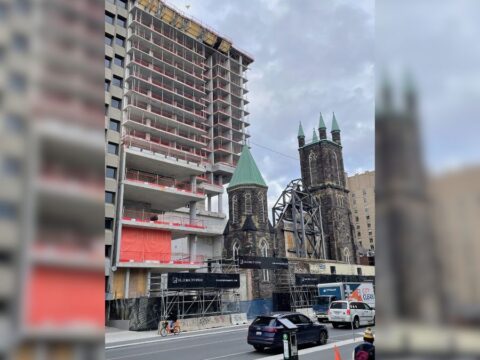
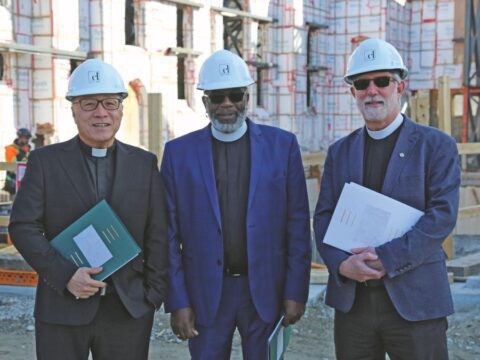
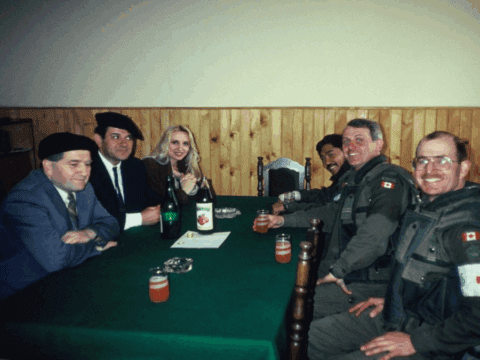
I understand the intent of this article, I had trouble though with this quote:
“It’s not to isolate francophone ministries, but rather to ensure that a culturally appropriate governance model exists for them.” Canada, being diverse, the United Church needs to ensure that a culturally appropriate governance model exists nation wide. Issues in Newfoundland/Labrador will be different than Toronto, the Prairies, Yukon, or Vancouver.
Ultimately, culture is defined as the way of life for a community of people, is it not the United Church?